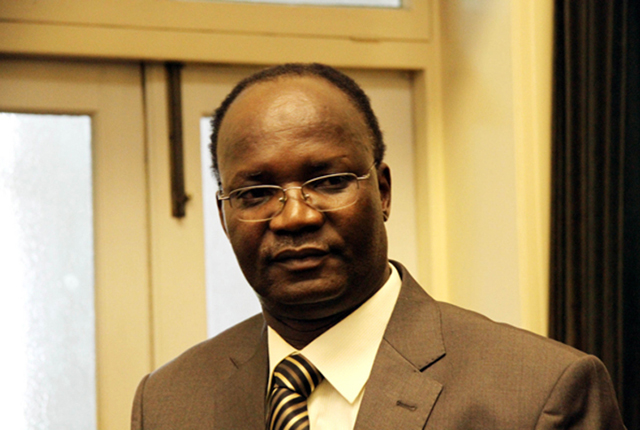Editorial Comment: Proposed return of student loans laudable

Zimbabwe needs all the talent it has, and it needs to develop that talent to build a better country and a better economy.
A lot of effort and a lot of money has been sunk since independence into expanding many-fold the opportunities for higher and tertiary education and while the state universities, colleges and other tertiary institutions complain about their funding, the taxpayers do pump in quite a lot of money each year. But this is not enough for free tuition so the institutions need to charge fees, a lot less than the private universities and colleges, but still an unaffordable sum for many families blessed with a bright hard-working child.
The handling of such funds calls for the highest level of honesty which is why, for instance, the nation was outraged by reports that money from the Zimbabwe Manpower Development Fund, meant for students on industrial attachment, had been abused for narrow, political ends by the incumbent minister and his deputy.
Zimbabwe cannot afford that waste.
So the efforts by the Ministry of Higher and Tertiary Education to re-introduce a student loan scheme next year are most welcome. Some lessons from past failures and past problems have been learnt, we hope. The Reserve Bank of Zimbabwe has been engaged to structure the scheme and it will be run by financial institutions with proven micro-financing capacity. So amateur efforts are a thing of the past.
There will be new challenges. Interest rates are high at present, and no graduate walks into a top job from the capping ceremony. The scheme obviously needs very moderate interest rates and repayment systems that work on the graduate’s actual income, say a maximum of 10 percent.
Previous schemes collapsed because graduates did not want to pay back, or because they did not have any reliable income or because they emigrated. Little effort was put into finding them. That needs to change. But however careful, the follow-up is there will still be the problem that some graduates in some disciplines are unlikely to have proper employment.
For many this is not a problem. For example every medical graduate is guaranteed employment; junior doctors are not well paid, but their addresses are known and after their first couple of years incomes do rise. Many other professionals are in the same position, needing practical supervised experience for a year or two and then needing to be registered by a professional body.
So repayment from medical, engineering, law and accountancy graduates is not difficult to arrange. Others can be included. The cadet scheme, whereby students would be sponsored by the Government in return for working for the Government, failed because of funding problems. But it could now be combined with the loan scheme. Ministries could work out their requirements a few years in advance and then say, for example, how many mathematics or history teachers they will need to hire in 2021. That allows the loan officers to know how many students are guaranteed employment and so will be able to repay.
The Minister, Professor Jonathon Moyo, when announcing the new initiative at the just ended Zanu-PF Annual National People’s Conference, continued to stress the need for technology and engineering skills. He is right, but this is expensive, and such skills need both academic teaching and practical experience. The Zimbabwe Manpower Development Fund was set up in the 1980s to solve the problem that some users of skilled workers took no apprentices, simply poaching them from employers who took training seriously and spent money on this training. Expanding zimdef to include industrial attachments and even part of the costs of post-graduate technical experience needs to be explored.
But what is also required is for Parliament to take responsibility for all these training funds and loan schemes, setting criteria rigidly, although being willing to change those as circumstances change, and ensuring that all funds are properly run. There have been recent disputes, for example, over what is or is not a proper charge on zimdef.
If the fund was under the same control as the National Budget, then these disputes would not arise. Too much money has been wasted in the past on schemes to ensure we have enough skills and that lack of family income is not a bar to a good education. We need to devote every cent we can find to these purposes, with zero waste and maximum accountability.









Comments